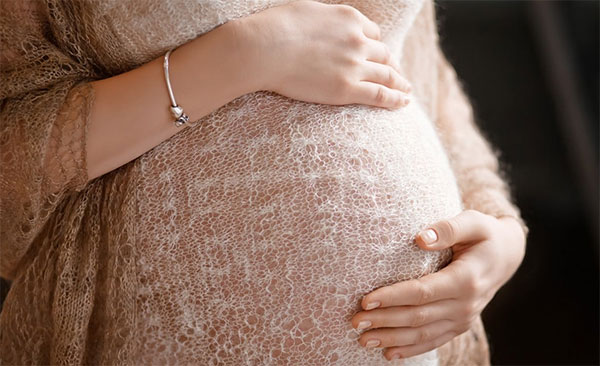Stem Cell Study Offers New Hope for Women Facing Fertility Challenges
Chinese scientists have made significant progress in fertility research by using stem cell transplantation to extend the reproductive lifespan in female monkeys. This breakthrough could provide new options for women struggling to conceive, especially as the average age for having children continues to rise.
The study, conducted by researchers from the Chinese Academy of Sciences and published in Cell Discovery, addresses the issue of ovarian aging, which naturally affects female fertility. As the ovaries age, they produce fewer eggs and hormones, leading to menopause and related health issues. Currently, there is no effective treatment to fully restore ovarian function.
Stem cells have shown promise in treating premature ovarian aging, so researchers investigated whether these treatments could benefit naturally aging ovaries. In the study, they transplanted M-cells—stem cells derived from human embryonic cells with strong immune and anti-inflammatory properties—into the ovaries of aging crab-eating macaques, a type of monkey with a reproductive aging pattern similar to humans.
The results were promising. The treated monkeys showed improved hormone levels, more active ovarian follicles, reduced ovarian fibrosis, and even healthier overall reproductive functions. One monkey even conceived and gave birth, highlighting the treatment’s potential.
With the average age of first-time mothers rising—27 in the United States, nearly 29 in Australia, and over 32 in South Korea—more women are experiencing fertility challenges as ovarian function begins to decline around their late 30s to mid-40s. In China, where the average age for first-time mothers is now over 27, regions like Shanghai see averages above 30.
Current treatments, like hormone replacement therapy, can help ease menopausal symptoms but carry risks such as heart disease, stroke, and breast cancer. Researchers aim to find safer, more effective treatments, especially given that ovarian aging can lead to serious conditions, including osteoporosis, cardiovascular disease, and neurodegenerative disorders.
The study also examined ovarian tissue samples from Chinese women in various age ranges. Findings showed a sharp decline in primordial follicle reserves by age 40, with reserves nearly exhausted by early 50s. But these remaining follicles could still potentially grow, supporting the idea of extending reproductive lifespan.
M-cell transplantation could be a safer and more effective approach to delay ovarian aging, as none of the treated monkeys showed signs of inflammation or other serious side effects. In comparison to untreated monkeys, the transplanted group showed improved hormone levels, follicle development, reduced fibrosis, and lower DNA damage.
The research team concluded that “M-cell transplantation is a feasible clinical strategy to alleviate physiological ovarian aging and extend fertility lifespan,” offering a new direction in fertility treatment that could improve quality of life for many women.
This article was rewritten by JournosNews.com based on verified reporting from trusted sources. The content has been independently reviewed, fact-checked, and edited for accuracy, neutrality, tone, and global readability in accordance with Google News and AdSense standards.
All opinions, quotes, or statements from contributors, experts, or sourced organizations do not necessarily reflect the views of JournosNews.com. JournosNews.com maintains full editorial independence from any external funders, sponsors, or organizations.
Stay informed with JournosNews.com — your trusted source for verified global reporting and in-depth analysis. Follow us on Google News, BlueSky, and X for real-time updates.














